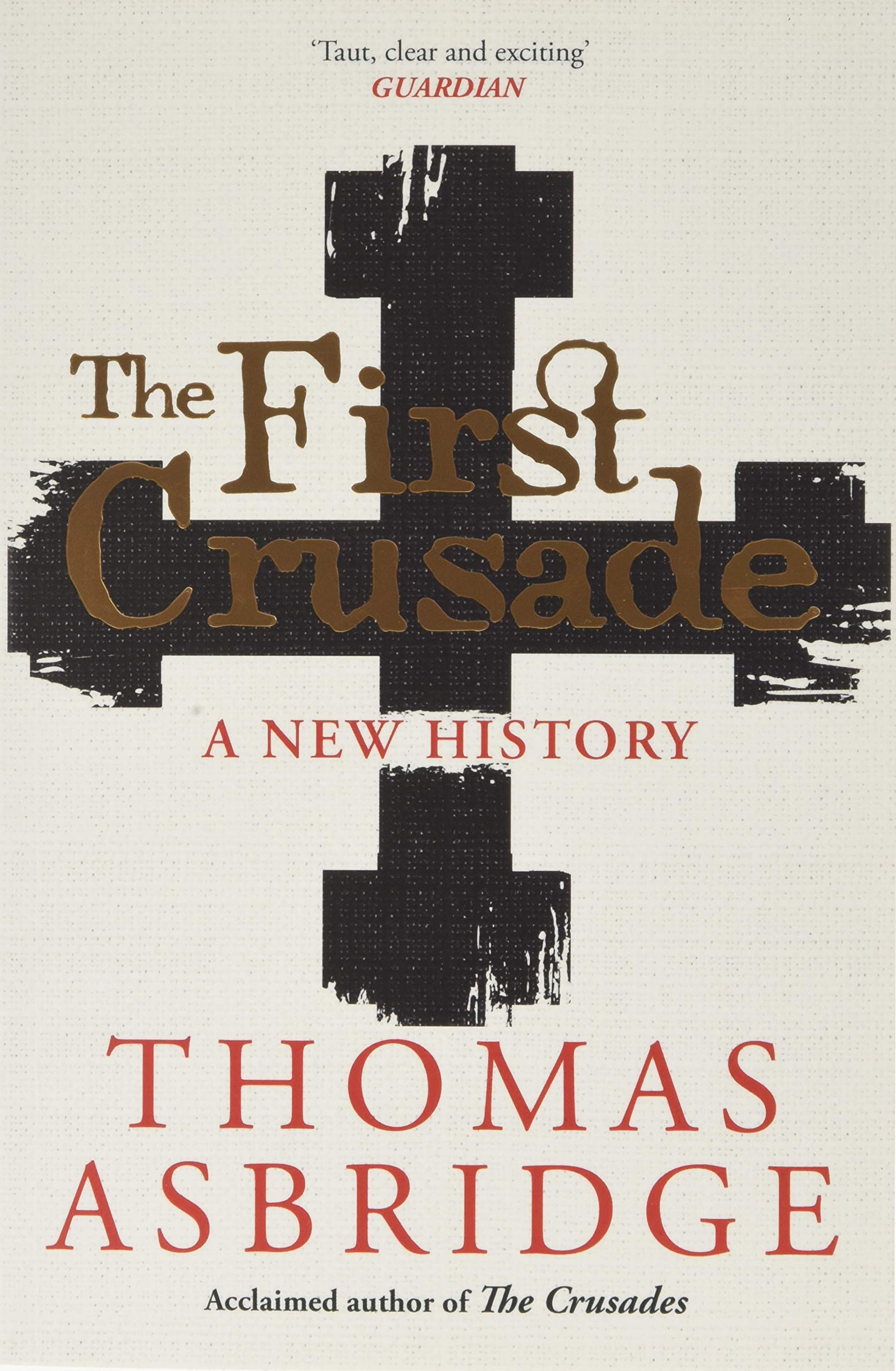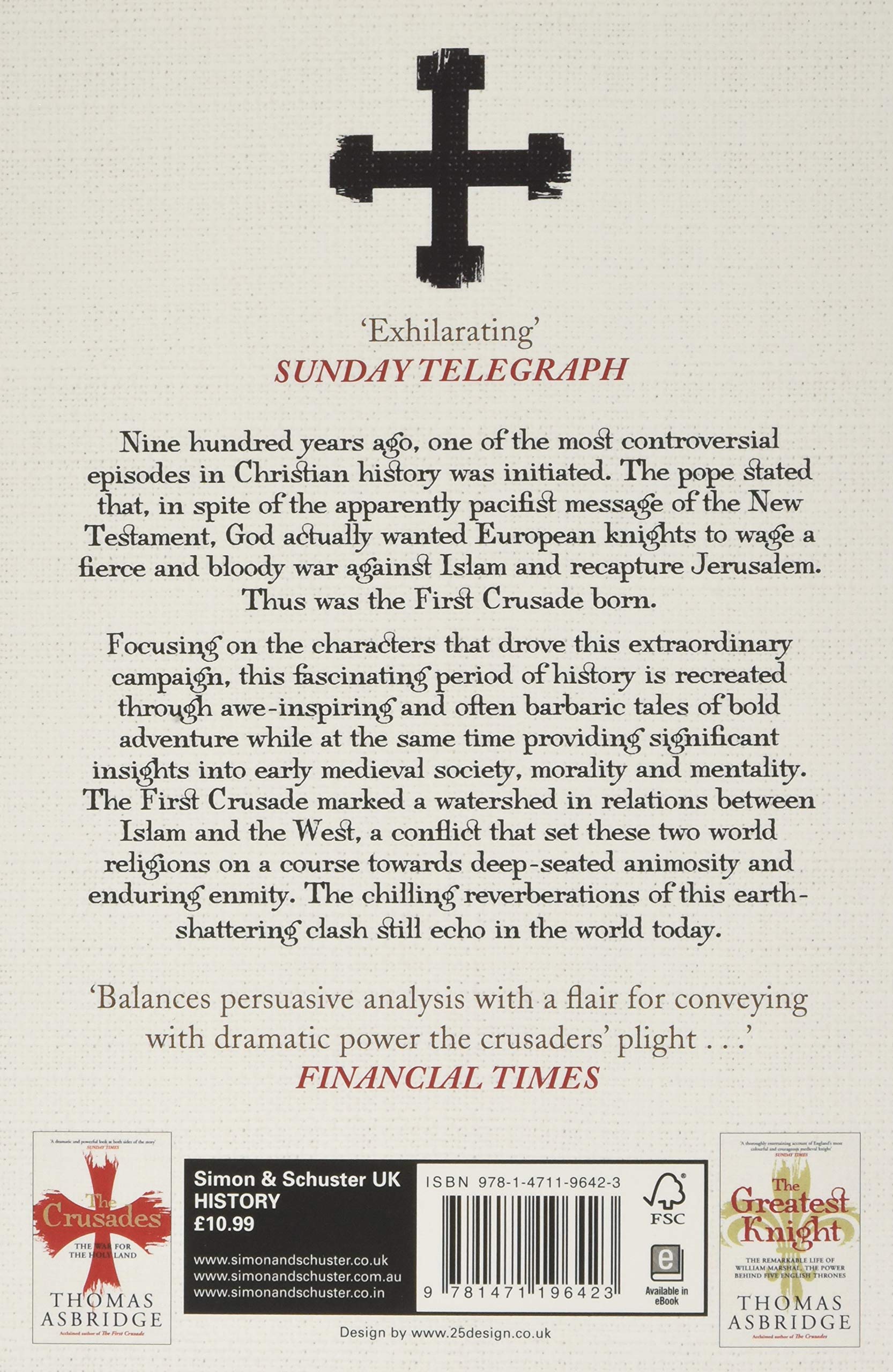Customer Services
Customer Support

Desert Online General Trading LLC
Warehouse # 7, 4th Street, Umm Ramool, Dubai, 30183, Dubai
Copyright © 2025 Desertcart Holdings Limited



The First Crusade: A New History
Trustpilot
2 days ago
1 week ago
3 days ago
2 weeks ago